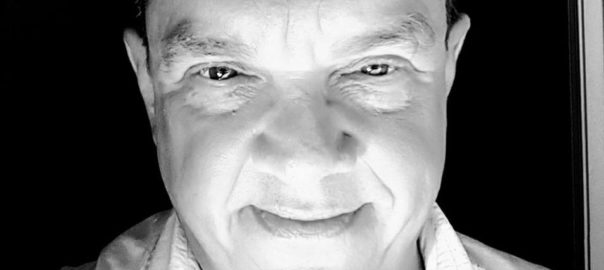And so, it is over.
After the shock and the incredulity and the denial; after the waiting and the news stories and the candlelit journey across the landscape; after the tributes and the eulogies, Sonny Melton is laid to rest.
The period of mourning will end, the flags will return to the tops of the poles, and for many the acute numbness of having lost Sonny will be replaced by the more chronic ache of his being gone.
That the past nine days were unnatural and disturbing goes without saying. For those of us subject to the conceit that we control events, it was (as it always is in such cases) disconcerting to realize that events sometimes control us all. Indeed, events not only controlled us, they imposed their capricious and cruel logic with neither justice nor mercy. Recapturing that lost sense (or illusion) of control will be a prime task in the days ahead.
It has been a difficult week, one most of us would prefer to forget. Still, this tragedy brought out the best in our people. Never, even in the heat of September 2001, did I see the local community—communities, really—so galvanized by an event. To borrow a notion from one of my own previous writings, in an age without enough front porches, and without barn-raisings or quilting bees, one of our own is attacked and suddenly we are all neighbors again. Sonny Melton, with his cool smile and his keen sense of irony, would, I think, be at once baffled and flattered by the community reaction to his death. While I am confident he would have preferred being a living man to being a treasured memory, he would be pleased to know that his sacrifice brought so many together.
People who know me well know that I mentally collect historical and literary anecdotes and use them to teach and to comprehend my world. I spent much of last Wednesday trying to remember a line from a book, because I somehow knew that this long-ago passage would help me to write about and make sense of what happened to Sonny and to express what his death has cost our community. I finally found it in William Manchester’s The Death of a President. There, on page 506 of my rapidly crumbling paperback copy, was the story, just as I remembered it. I have read it over and over, and I think that within it lies the key to understanding what happened to our community on October 1.
The day after President Kennedy’s assassination, White House staffer (and prominent statesman-to-be) Daniel Patrick Moynihan and a few others were having a melancholy dinner in the home of journalist Mary McGrory. “At one point,” wrote Manchester, “their hostess said tearfully, ‘We’ll never laugh again.’” Moynihan gently replied, “‘Oh, we’ll laugh again, Mary. But we’ll never be young again.’”
–Kevin T. Brewer

As always well written Mr Brewer. Sonny was a hero indeed, but it wasn’t just his heroics on that tragic night. That’s just who he was! To me Sonny Melton is a hero for saving our faith, our community in reminding us of how our lives should be lived and bringing us back to our home. The place we all came from, our roots and reminding us that we are all connected in some way and that is what we need to rekindle and bring back the love, kindness and community we once had. He, Sonny, one man brought hundreds of people, people who haven’t seen each other in years, some in decades, back!!! If one man can do that, just imagine how the world could be if we show each other that love all the time and all the aspects of life…. I don’t remember who said this, but I think of this often and say it to my children…Be the change that you want to see in the world! Thank you for your posts as always, you never disappoint!
I do not have the eloquence to say how your words spoke to my heart. But, if I could paint how I feel when I read these words, my colors would be pale blue for sadness. And the linear qualities would be few but they would be horizontal for the quiet calm . And, there would be a slight magenta warmth in the undertone for hidden hope.